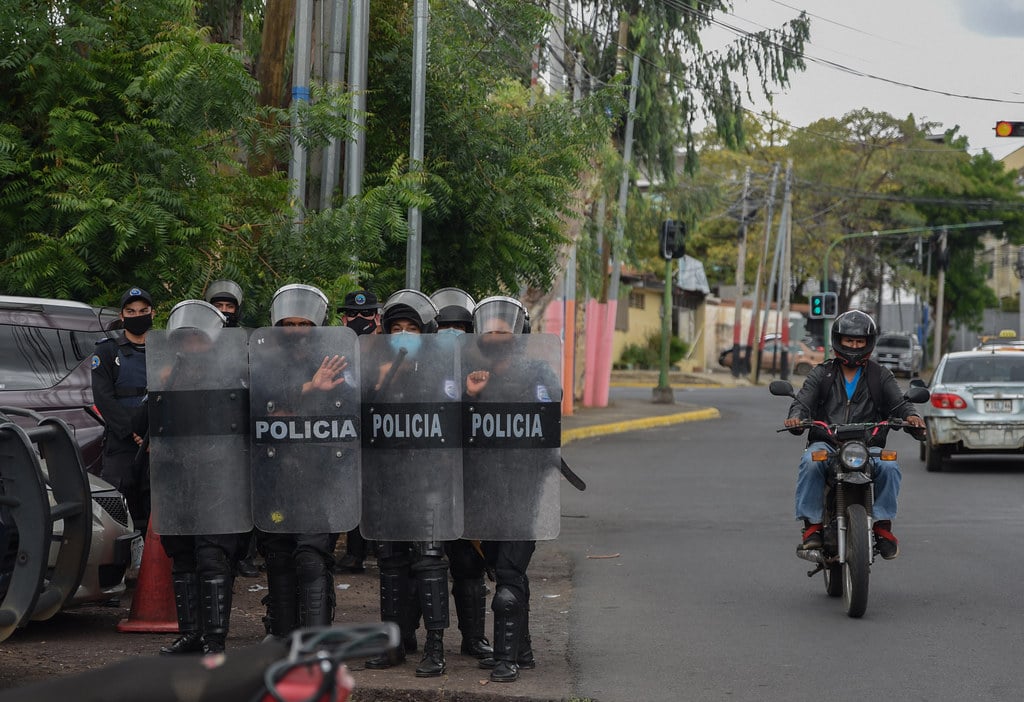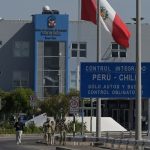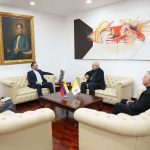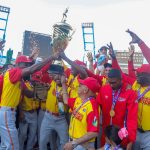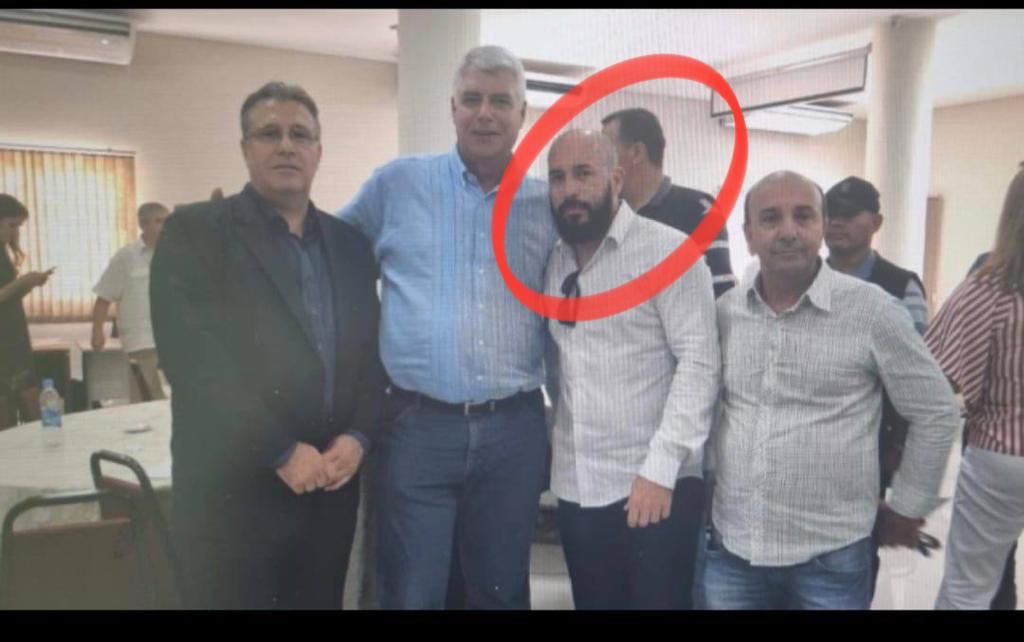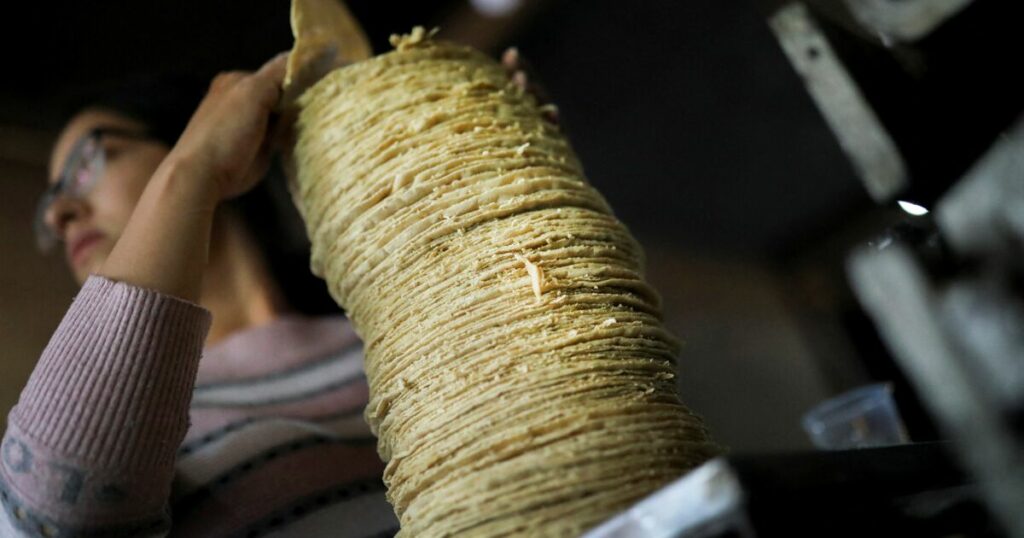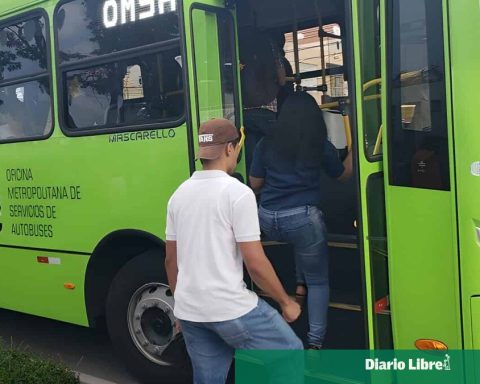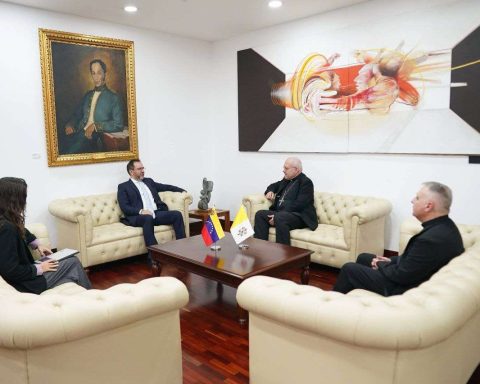The ‘Nicaragua Never Again’ Human Rights Collective details that from 2019 to date they have received 150 complaints from victims of torture “demonstrating the systematic way in which it is practiced with impunity” by the regime of Daniel Ortega and Rosario Murillo.
Gonzalo Carrión, president of the ‘Nicaragua Never Again’ Collective, recalled that the first report on torture, published in 2019, had the testimonies of 50 people who had been tortured, and that number has tripled, to 150.
The lawyer also calculates that in the country there have been “no less than 1,750 detainees”, based on a recent report by the Inter-American Commission on Human Rights (IACHR), which counts 1,614 detainees, while denouncing the current existence of 215 deprived of liberty”, remembering that there were 205 at the end of August, but now there are more, because they are capturing the relatives of the persecuted exiles.
The regime’s strategy is to depersonalize victims, which in one way or another has forced some twenty political prisoners -both in prisons and El Chipote- to declare a hunger strike, “what the resistance of these people, for having demanded their right to live in freedom and without fear. There is no law that prevents a prisoner from seeing his children”, he exclaimed.
Yader Valdivia, also a member of the Collective, supplemented the information by recalling that there are at least 2,175 NGOs that have been closed down, a process that gained speed after the dictatorship “illegally transferred power to the Ministry of the Interior,” so that it applies an express process.
Mentioning other arbitrariness committed, he recalled the closure and confiscation of the headquarters of the Organization of American States (OAS); the expulsion of the apostolic nuncio, Waldemar Sommertag; the expulsion of the ambassador of the European UnionBettina Muscheidt; attacks on various governments already to the UN because they demand respect for human rights.
Valdivia did not forget attacks on the journalistic guildthe media closurethe fact that more than a dozen journalists went into exile in Costa Rica, just in the last month, and how the State has even violated artistic freedom, with the capture and expulsion of musicians, and the closure of their spaces.
Nicaragua is a tragedy
The activity had a space for relatives of political prisoners -as well as those released from the regime- to tell their experiences, starting with Dulce María Porras, from Caracas, exiled in Costa Rica, who recounted how her brother Freddy Martin Porras was captured with luxury of violence and “rudely”, stealing all cell phones in the process. “The crime he has is being my brother and bearing my last name,” she added.
Mrs. Porras denounced that her brother is being “tortured, mistreated. He is at kidnapping level. We are five or six families who have kidnapped relatives. We know that he is there, because they accept the little things that they allow us to take them”, she said, recounting the occasion in which her sister-in-law asked how he was, and a uniformed man replied “we are not here to talk. Give me what it brings you. Hurry!”
Cristopher Mendoza, family of journalist Miguel Mendoza, said that he admired his uncle’s “passion for journalism,” and that this inspired him to become a journalist himself.
The sports writer, who has been in prison for 470 days for commenting on the social network Twitter, has “11,280 hours without hugging his daughter,” and 16 days on a hunger strike to let him see her. “That’s dangerous,” said the communicator, taking into account the deterioration of Mendoza’s health, due to being locked up, in addition to his diabetes, detailing that not eating food “can cause fainting and eventually death.”
He explained that Alejandra, Mendoza’s daughter, “cannot understand why, after the messages she writes, she is not allowed to see her father”, who on September 21 completed 15 months of confinement and still does not see her daughter, despite the eleven briefs that his lawyer has presented, since the political prisoner himself asked him to the judge to let him see her, but he just ignored it.
For his part, the university professor and former political prisoner, Ricardo Baltodano, reported that he left prison on June 11, 2019, and although “I never thought of going into exile,” he had to do so after dozens of people told him “go away, you’re running too much danger.”
“I did the impossible to stay in Nicaragua and resist from there. I spent two years living in ‘safe houses’, but in Nicaragua you cannot live in peace. It is a country without law, where arbitrariness and abuse prevail, ”he pointed out, detailing that there are thousands of people who are hidden, with people from Jinotega living in León, or others stuck in the mountains; people who received release orders, but keep them in jail, violating their own Amnesty Law, or inventing new accusations to keep them imprisoned.
“Living in Nicaragua is a permanent tragedy”, because “Nicaragua is an entire prison”, where “the medical system in the prisons is a permanent torture”, he indicated, because for both political prisoners and common prisoners there is a lack of interest that doctors show when they call in sick.
“I had to leave the country so as not to be imprisoned again, but I want to return to Nicaragua, I want to die in Nicaragua. I am not in Costa Rica as a tourist: I want to continue fighting for freedom in Nicaragua”, he emphasized.
